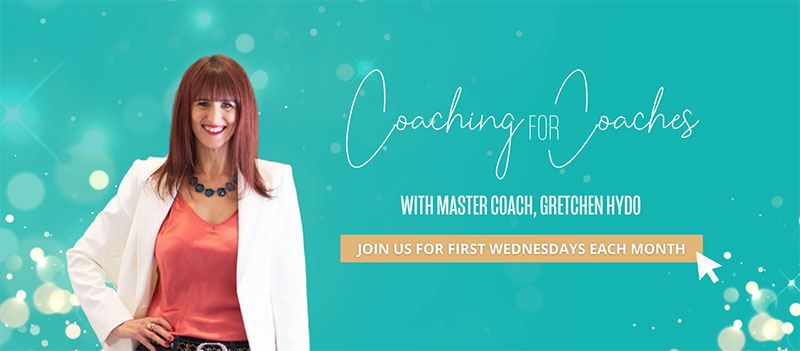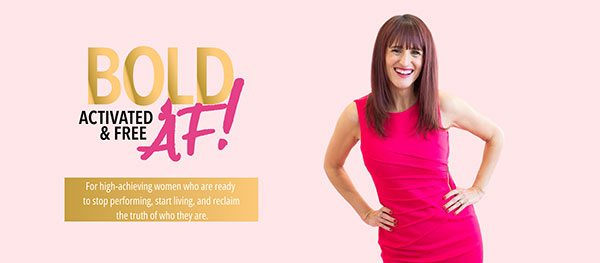 Blame is a little like fast food – we know it’s not good for us, we know it won’t lead to anything healthy, but oh boy can it be irresistible. I don’t know about you, but whenever something happens that angers or irritates me, it’s all-too-easy to reach for the blame button. It feels like I’m doing something, for one, and it also provides an excellent distraction from the real pain I’m experiencing. When I can blame someone, even myself, for the way I feel, then I don’t actually have to look at the feeling itself. And when I don’t look at my uncomfortable feelings, then I can’t actually take care of myself. Vicious cycle, right?
Blame is a little like fast food – we know it’s not good for us, we know it won’t lead to anything healthy, but oh boy can it be irresistible. I don’t know about you, but whenever something happens that angers or irritates me, it’s all-too-easy to reach for the blame button. It feels like I’m doing something, for one, and it also provides an excellent distraction from the real pain I’m experiencing. When I can blame someone, even myself, for the way I feel, then I don’t actually have to look at the feeling itself. And when I don’t look at my uncomfortable feelings, then I can’t actually take care of myself. Vicious cycle, right?
Best-selling author, psychologist and Buddhist teacher Tara Brach has a wonderful saying: “It’s not survival of the fittest. It’s survival of the nurtured.” Learning how to nurture ourselves in the midst of difficult feelings may be one of the hardest things we ever learn. The world we live in isn’t big on nurturing. We’re not taught how to take care of ourselves when things go wrong. Instead we look to blame others or ourselves. And then we only feel worse.
Self-compassion is how we can break the cycle. Self-compassion, put simply, is being nice to ourselves. It’s taking care of ourselves when we’re in pain. It means choosing to be gentle and loving with ourselves instead of critical and punishing. But in order to do that, we have to know that we’re in pain. We have to look past the problem of the moment to see why it’s upsetting us the way it is. Then, and only then, can we give ourselves the understanding and soothing that we really need.
Brach suggests that the key to all of this is awareness. Ask yourself the following question when you feel the need to blame someone, or yourself: “if you had to put aside the idea that someone (including you) is wrong or at fault, then what difficult emotion are you trying not to feel?” Obviously this is easier said than done. But you may be surprised at what comes up. I’ve noticed that when I actually let myself feel the parts of myself that I see as inadequate, or judged, or shameful, and I choose to give myself a little shot of love instead of a stern talking-to, I’m better able to cope and move on. Blame falls away, and forgiveness is that much closer. And in this world that is already so full of anger and blame, I feel like this is one small step for me, and one huuuuge step for mankind.
Here are some everyday ways that we can practice self-compassion:
- See yourself as a child. (And believe me, that child you were still exists, down deep inside.) Of course we know that a child deserves love and your understanding. After all, she is just a child. The same goes for you. Would you speak to a child the way you speak to yourself? Of course not. The same goes for yourself. Start talking to yourself in a kinder voice.
- Be your biggest fan. The truth is, you are loved – by a lot of people. And the Universe at large. You were not put on this earth to be shunned and ignored and held responsible for every terrible event that has ever happened. Sadly, we’re not taught and conditioned by society to love ourselves – or even like ourselves that much. So it’s up to us to make up for that. Write down a list of your wonderful qualities. Don’t be stingy. Consult it often.
- Practice mindfulness. The next time you feel triggered by someone’s behavior, take a pause, and breathe. Awareness of your own emotions is the key here, so take a moment to examine the way you’re feeling. You don’t have to know why you’re feeling the way you do – just that you do.
- Don’t be afraid to be vulnerable. It can be scary to look at our feelings and really feel them. It can feel like we’re letting someone else get away with hurting us while we are left to wallow in our bad feelings. But allowing yourself to really feel the extent of your pain frees you to offer yourself comfort – just as you would to a child who is hurting. It’s okay to realize that you’re in pain. You’re only human. And a quick thought along the lines of, “It’s okay that you’re in pain, I love you anyway,” can work wonders.
Cultivating self-compassion isn’t easy. If you’re still needing some guidance on how to treat yourself with more gentleness and understanding, schedule your free thirty-minute phone session with me here.





